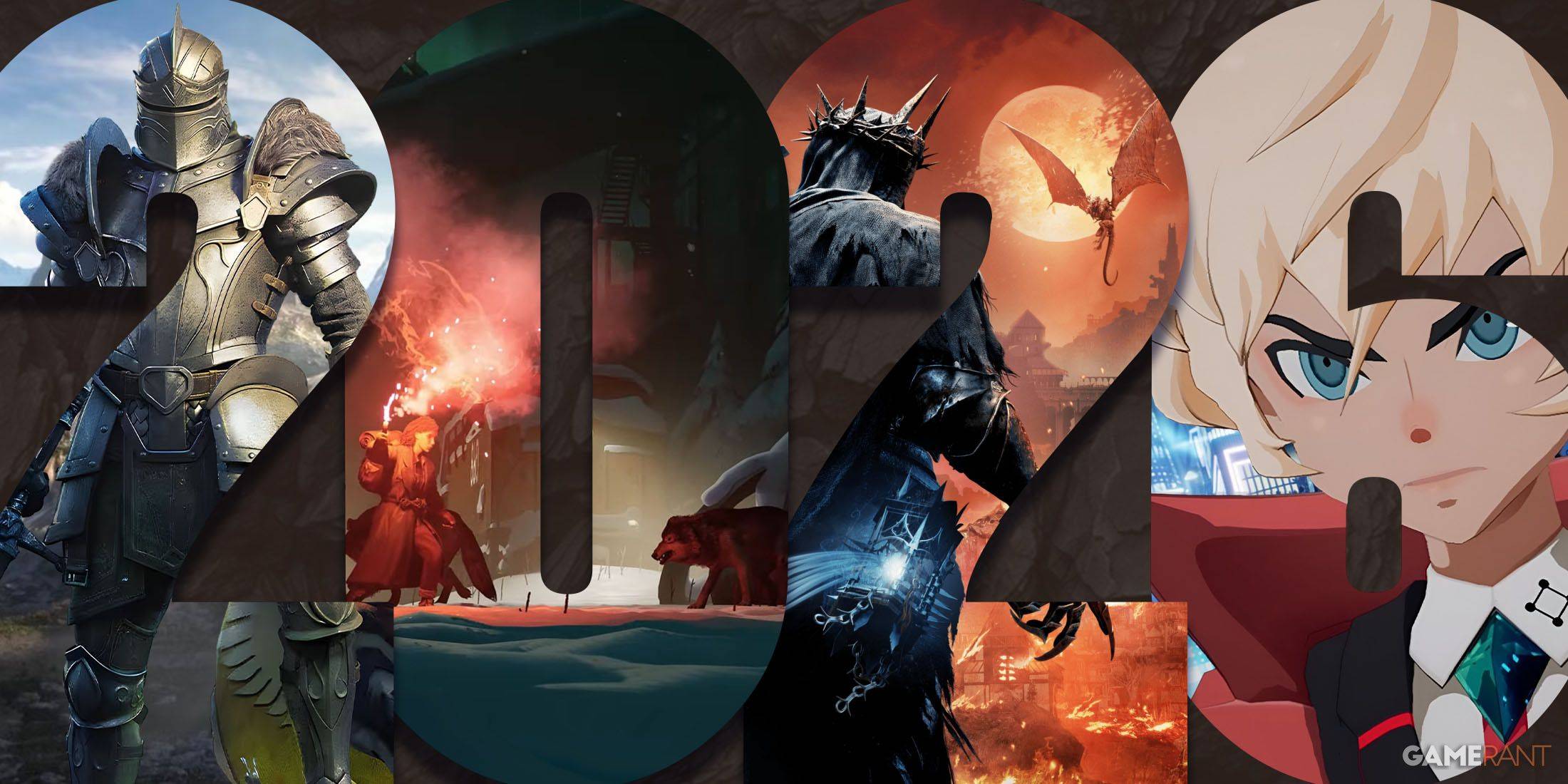God of War's Success Hinges on Reinvention
The God of War series has been an iconic presence across four generations of PlayStation consoles. When Kratos embarked on his vengeance-fueled journey to become the new god of war in 2005, few could have predicted where the wrathful deity would find himself 20 years later. Unlike many long-running franchises that struggle to maintain relevance across gaming generations, God of War has thrived by embracing change. The most notable transformation was the 2018 reboot, which relocated Kratos from Ancient Greece to the realm of Norse mythology, significantly altering both the series' presentation and gameplay. However, even before this acclaimed reboot, Sony Santa Monica introduced numerous smaller but significant changes that ensured the series' continued success.
For God of War to maintain its momentum, reinvention will remain crucial. When the series shifted to a Norse setting, director Cory Barlog expressed his vision of exploring "the Egyptian era, the Mayan era, and so on." Recent rumors have reignited speculation about an Egyptian setting. While these may be more wishful thinking than confirmed plans, the allure of Ancient Egypt's rich mythology and unique culture is undeniable. Yet, a new setting alone isn't enough; future iterations must reinvent themselves as effectively as the transition from the Greek trilogy to the Norse games, enhancing beloved elements while introducing fresh innovations.
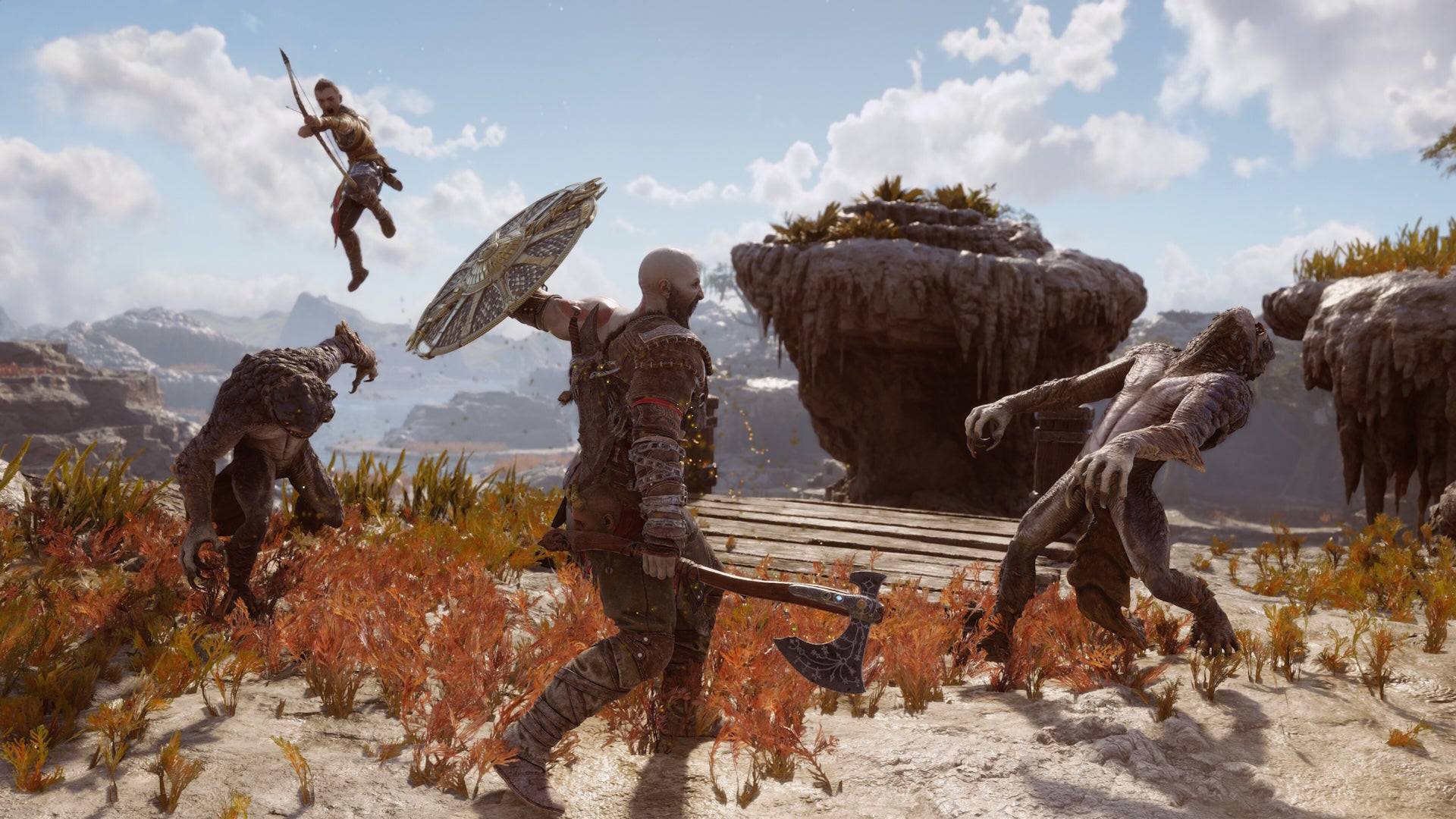 The series has consistently embraced change from one entry to the next. The original Greek games evolved over a decade, refining their hack and slash gameplay and reaching a polished peak with God of War 3. By this point, Kratos had a revamped magic system that complemented the melee combat's rhythmic combos and faced a diverse array of challenging enemies. The final chapter, built for the PlayStation 3, leveraged the console's power for enhanced graphics and new camera angles, offering a visually stunning experience.
The series has consistently embraced change from one entry to the next. The original Greek games evolved over a decade, refining their hack and slash gameplay and reaching a polished peak with God of War 3. By this point, Kratos had a revamped magic system that complemented the melee combat's rhythmic combos and faced a diverse array of challenging enemies. The final chapter, built for the PlayStation 3, leveraged the console's power for enhanced graphics and new camera angles, offering a visually stunning experience.
The 2018 reboot, however, saw the loss of some defining elements from the Greek trilogy. The original games featured substantial platforming and puzzle elements, which were largely phased out in the Norse games due to the shift to a third-person, over-the-shoulder camera perspective. Puzzles remained but were adapted to fit the new adventure-centric design.
The roguelike DLC, Valhalla, for God of War Ragnarök, marked a return to the series' Greek roots both mechanically and narratively. This DLC reintroduced battle arenas, a beloved feature from God of War 2 onwards, tailored to the Norse setting. The story, featuring Týr inviting Kratos to Valhalla to confront his past, mirrored this return, bringing Kratos' journey full circle.
The Norse God of War games aren't merely rehashes of past ideas; they introduce significant new elements. These include the Leviathan Axe's unique throwing mechanics, a combat-defining parry system with various shield types, and, in Ragnarök, a magical spear that enables a faster, explosive attack style. These tools are essential for navigating the Nine Realms, each with its distinct foes, visuals, and characteristics.
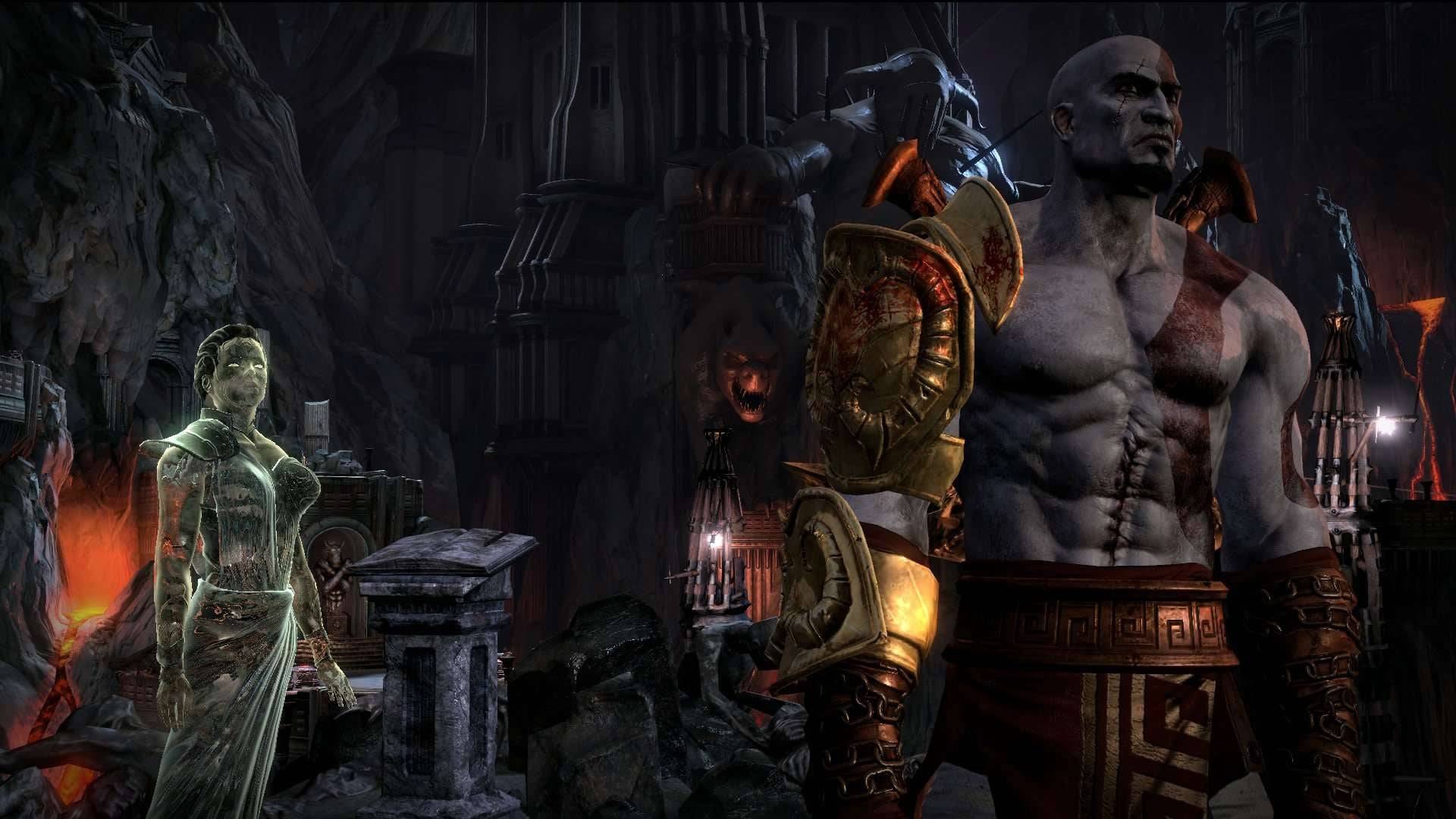 While combat and exploration mechanics are evident changes, the storytelling approach marks the most profound shift between the original trilogy and the Norse duology. The Norse games delve into Kratos' emotional journey, his grief over his late wife, and his strained relationship with his son, Atreus. Both characters uncover hidden truths about themselves, a stark contrast to the more straightforward storytelling of the Greek trilogy. This deeper, more emotive narrative is likely a key factor in the Norse era's critical and commercial success.
While combat and exploration mechanics are evident changes, the storytelling approach marks the most profound shift between the original trilogy and the Norse duology. The Norse games delve into Kratos' emotional journey, his grief over his late wife, and his strained relationship with his son, Atreus. Both characters uncover hidden truths about themselves, a stark contrast to the more straightforward storytelling of the Greek trilogy. This deeper, more emotive narrative is likely a key factor in the Norse era's critical and commercial success.
God of War's radical shifts in mechanical design and storytelling reflect a unique approach to franchise development. The series' creators view the Norse games not as traditional sequels but as extensions of Kratos' journey, an approach that should guide future installments.
However, reinvention alone isn't a guaranteed recipe for success, as demonstrated by the Assassin's Creed series. Despite frequent shifts in setting and gameplay, Assassin's Creed has struggled to maintain consistent fan adoration across console generations. The 2017 shift to an open-world RPG format with Origins has diluted the series' connection to its foundational Assassin's guild lore, and the narrative thread from Desmond Miles has been lost. The newer RPG-era games have become increasingly divisive, with fans criticizing the series' shift from stealth-focused gameplay to broader power fantasies.
Assassin's Creed has attempted to course-correct with 2023's Assassin's Creed Mirage, a soft reboot that returns to the series' Middle Eastern roots and its original gameplay structure. This year, Assassin's Creed Shadows continues this trend with Naoe, a character dedicated to the stealth gameplay that defined the early Xbox 360-era games.
The varying success of Assassin's Creed's reinventions underscores the importance of maintaining a series' core identity. God of War has adeptly navigated this challenge, ensuring that the Norse games, despite their radical departure, never lost sight of Kratos' compelling character and the series' foundational combat mechanics. Each new game built upon these elements, introducing Spartan Rage options, new weapons, varied combat options, and even playable sections as other characters, all of which enhanced the series without straying from its roots.
Whether the rumors of an Egyptian setting materialize, future God of War games must continue to evolve while preserving the elements that have made the series a success. The 2018 reboot focused on maintaining the high standards of combat established by the Greek trilogy. The next iteration, however, will likely be evaluated primarily on its storytelling, the crowning achievement of the Norse duology. Kratos' evolution from a rage-fueled monster to a complex, introspective father and leader highlights the importance of narrative depth. Future games must build on this strength, introducing bold new changes that could define the next era of God of War.



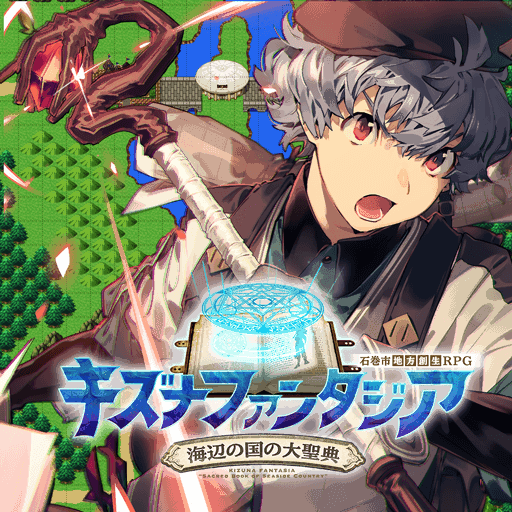


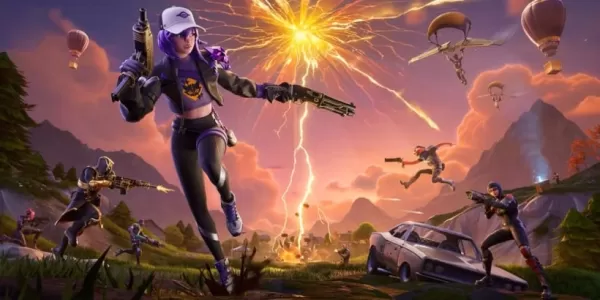
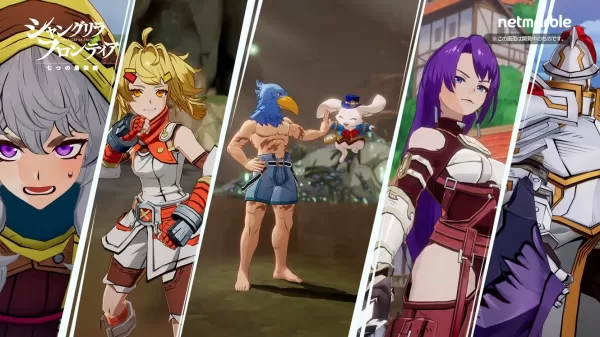
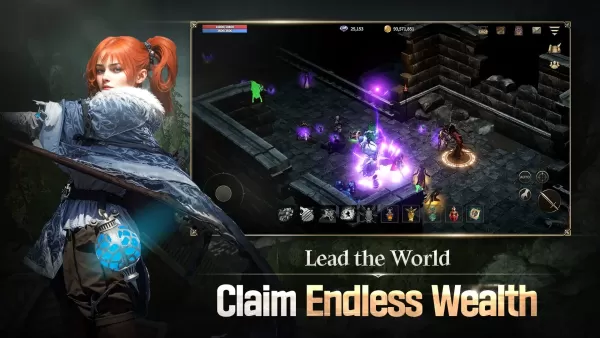
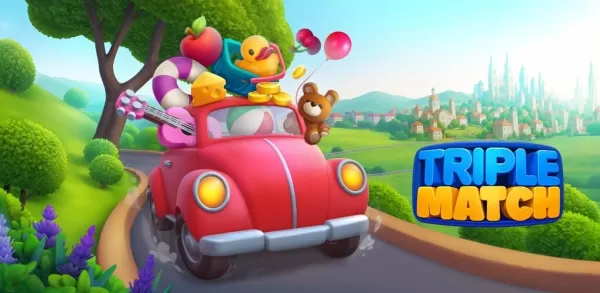
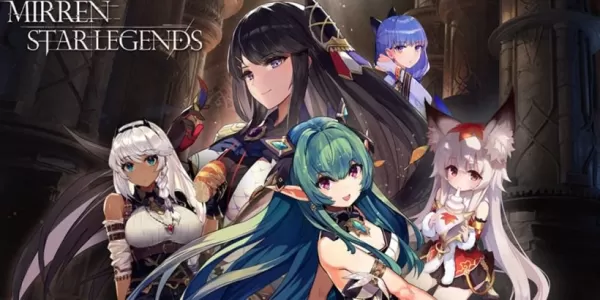








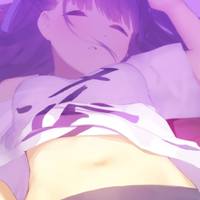



![Salvation in Nightmare [v0.4.4]](https://imgs.21qcq.com/uploads/36/1719555347667e551321c26.jpg)
